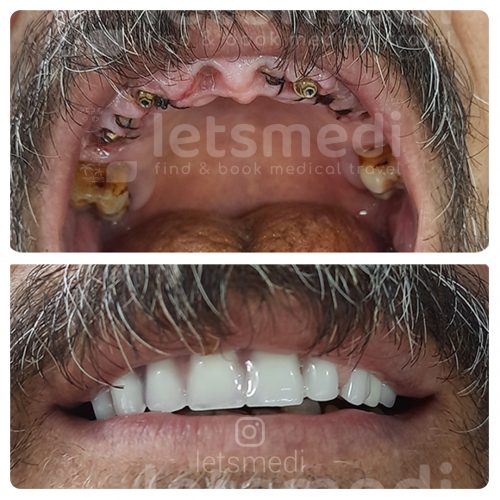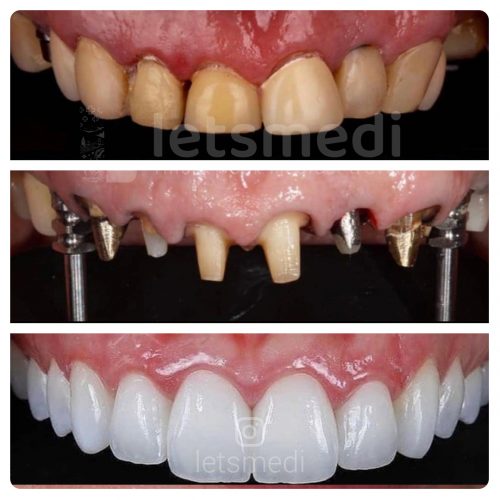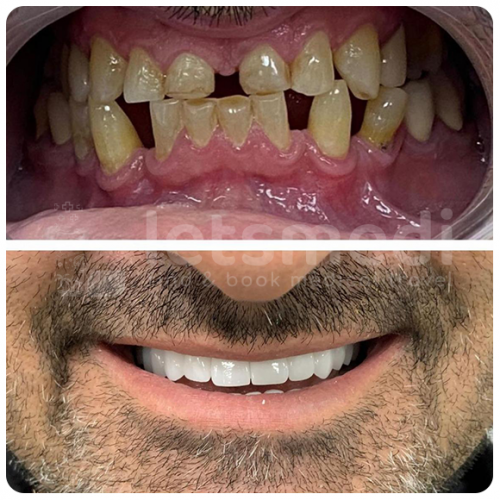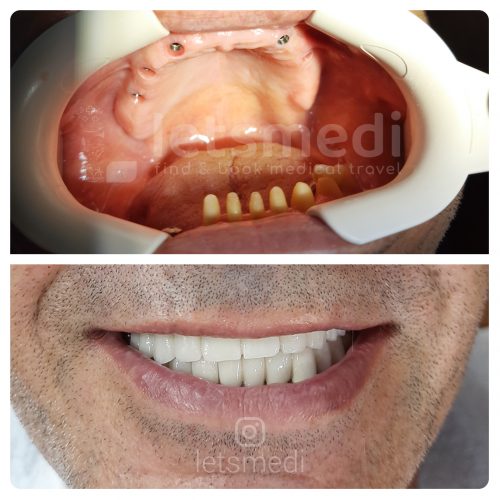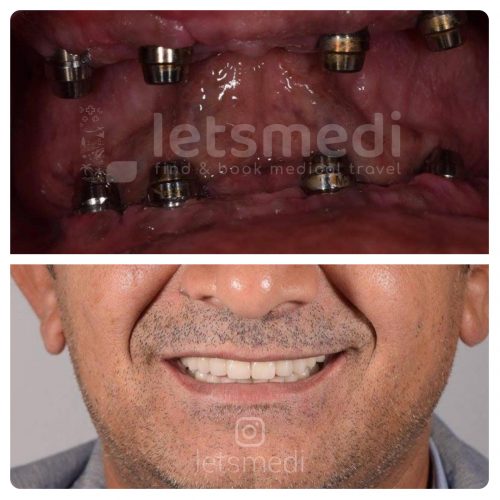Dental implants, which are growing more popular, provide patients with a practical and aesthetically pleasing option to replace lost teeth. Aside from the fact that they can restore the normal function and look of natural teeth, their high success rate is another primary reason for their appeal. Dental implants, in reality, have a success rate of 90-95 percent. Even with such a high success rate, some factors might have an impact on the success of dental implants.
To begin, we must examine what makes an implant effective vs. what causes it to fail. A successful implant heals without infection and integrates with the surrounding bone in the correct position. Implant failure occurs when the implant fails to osseointegrate, becomes contaminated, or breaks.
What Factors Can Impact the Result of Your Dental Implants?
Now that we’ve learned how dental implants can fail, let’s take a look at some of the most common factors that can help impact your dental implant success:
Smoking
Smoking is not only terrible for your general health, but it is also bad for your dental health. As a result, it may have an impact on the result of your dental implants. To begin with, smoking delays the body’s natural healing process, which increases the chance of infection following implant surgery.
Furthermore, smoking causes blood vessels to tighten, which might result in severe bleeding during and after your treatment. Because smoking has a detrimental influence on dental implant implantation, many implant experts will require you to stop smoking for some time before your operation.
Oral Hygiene
Proper oral hygiene is critical when it comes to getting dental implants installed. Just because you have dental implants does not imply you don’t have to care for them. In truth, dental implant oral hygiene is the same as natural tooth oral hygiene.
Including brushing twice a day, flossing once a day, and mouthwash, these practices reduce the amount of plaque and germs in your mouth, which helps avoid infection and enhances the likelihood of implant success. In contrast, failing to practice excellent dental hygiene might lead your implant to get infected, causing the implants to fail.
Diet
Another essential aspect influencing implant success is what you consume following dental implant surgery. Following surgery, you will need to follow a soft foods diet for some time. You should also eat on the opposite side of your mouth from the implant if possible. Eating soft foods prevents you from applying too much force to your implant before it has had time to recover. Eating chewy, crunchy, or hard foods, on the other hand, might put too much strain on a healing implant, causing it to move or shatter.
Bone Mass
Another critical element influencing the outcome of dental implants is the amount of bone mass in your jaw. This is because a specific quantity of bone is required for the implant to osseointegrate. After losing one or more teeth, the jawbone begins to weaken.
As a result, the longer you go without teeth, the less bone mass your jaw will have. Dental implants can still be put in people with low bone mass, although they may require additional operations such as a bone transplant. To stimulate new bone development, bone grafting techniques transfer bone material to regions with low bone mass.
How to get the Best Results after Dental Implants?
There are a variety of other factors you can consider to help your dental implants and natural teeth last longer.
We hope that doing the following will provide you with a fresh perspective on how to get the most out of your new implants and teeth:
- Maintain good dental hygiene. Keep implants, artificial teeth, and gum tissue clean in the same way as you do your natural teeth. Cleaning the nooks and crannies around teeth, gums, and metal posts can be made easier using specially designed brushes, such as an interdental brush that glides between teeth.
- See your dentist regularly. Schedule dental checkups to guarantee the health and effective functioning of your implants, and follow expert cleaning recommendations.
- Stay away from bad habits. Chewing hard objects like ice and hard sweets might shatter your crowns – or your natural teeth. Tobacco and caffeine products that discolor teeth should also be avoided. If you grind your teeth, get therapy.
Before and After Photos
